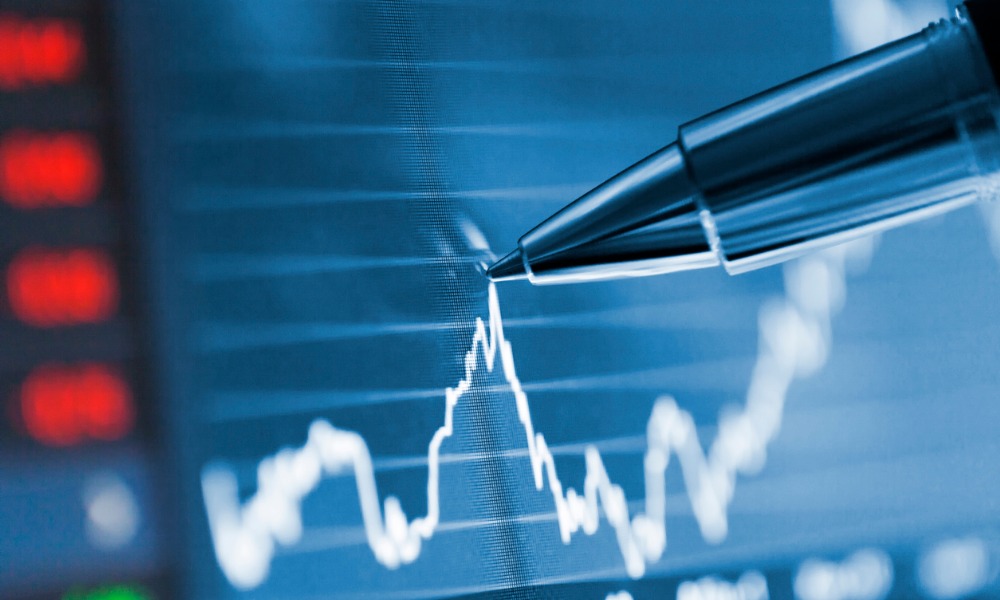Founder and CEO of The S FactorCo. explains how best-in-class companies have stood out amid pandemic-induced focus on social issues

The global COVID-19 outbreak is continuing to take its toll around the world. As case counts and death tolls keep rising, governments are forced to keep lockdowns and social distancing measures in place, effecting a brutal trade-off whereby people sacrifice their livelihoods for the sake of saving lives.
But even in the midst of a pandemic crisis that evidently won’t stop until a cure is found, there are small wins to celebrate. Financial-service firms, like many other companies operating in the professional space, are discovering the benefits of remote work. Many clients haven’t been affected by the pandemic, but have experienced a close-enough call that they’re now getting their planning house in order.
There’s also been a silver lining in the domain of responsible investing as social issues, a long-underappreciated piece of the ESG puzzle, are now getting some much-deserved attention from investors.
“It’s unfortunate that it took a pandemic to push the social issues to the forefront,” said Bonnie Lyn de Bartok, founder and CEO of the S Factor. “It has highlighted the vulnerabilities and exposure among companies who fall short in terms of their social policies and behaviours.”
‘S-Factors’ magnified through a pandemic lens
As the driving force behind a company that focuses exclusively on monitoring and scoring the social risks, behaviours, and actions taken by 42,000 publicly listed companies around the world, de Bartok knows of what she speaks. She noted that, for better or worse, those factors have traditionally been eclipsed by activism that prioritizes environmental protection and proper governance within the world’s most influential industries and companies.
But in the current environment of anxiety, conversations around inequality, health care and safety, and labour standards — just to name a few – have taken on brand-new importance. Some say a crisis is just an opportunity to show character, and that may have proven true for companies’ ESG performance, especially on the social side.
As tensions run high and nerves get frayed, notably among disaffected members of racialized minorities, class-action lawsuits on racism that existed even before the pandemic are taking onmuch greater energy than before. Issues like price-gouging have become more germane among retailers, who are also facing increased scrutiny over their labour, health, and safety practices. There’s been an outcry against certain airline companies that ask for bailouts on one hand while trying to preserve outsized executive bonuses and shareholder dividends on the other.
These real-world movements are having a real impact on companies’ performance, too. As de Bartok explained, her firm monitors the social scores and ratings of public companies worldwide based on thousands of metrics, all of which are woven into four main categories: employees, ethics, supply chain, and community.
“Beginning early February, we have applied a pandemic lens to each of those categories,” she said. “Essentially, we monitored how companies are reacting to the crisis, how well prepared they were to deal with risks from social issues that have been magnified during the outbreak, and how their stock prices have moved as a result.”
The data, which goes back all the way to February, has been telling; de Bartok said that the top scorers within her firm’s proprietary MSPI index – which is determined based on financial performance as well as best-in-class ‘S-Factor’ scores as measured across the 1,200 metrics they monitor – have shown remarkable outperformance. This, she maintained, is a result of their being well positioned from a social-risk standpoint, and represents positive proof that the business case for alpha through ESG, liesin the S piece.
Real stewards reap rewards
“Our index is a composite made up of 1,367 companies representing a spectrum of industries, market caps, and regions,” she said, noting how her firm monitors tens of thousands of sentiment metrics and captures 1.3 million ESG data points daily. “They’re outperforming benchmarks from MSCI, Nasdaq, Dow Jones, and the S&P 500, as well as a number of ESG thematic funds.”
The outperforming companies, she said, are able to do so because they’ve got a solid record of strength from a social standpoint. While some companies might be able to manipulate public sentiment through “a well-wordsmithed policy statement” or well-placed messages amplified by the media, the crème de la crème of companies recognized by The S Factor Co. had the capacity, processes, monitoring, reporting, and disclosure policies in place, making them best-in-class and so far the most resilient throughout the pandemic.
“Some companies we monitor were able to maintain their standing and experienced no negative growth,” de Bartok said. “We’ve also seen some anomalies where a company had high scores, but we’ve had to drop them because of negative sentiment throughout the pandemic. But the best-in-class constituents have not changed much since last year.”
While the short-term bump in appreciation for top scorers in social factors has certainly been something to see, she believes there’s more to come. Right now, people are arguably still in survival mode, and consumers’ ability to hold corporations to account is being held back by a wholesale scarcity of resources. But once that goes away and people are less fearful, they’ll remember which companies were doing what during the crisis.
“We’re taking note of some favourites, as well as some outliers who we recognize are just doing a good job at manipulating sentiment, but aren’t actually doing what they say,” de Bartok said. “We see it happening now, and we’re just wondering at what point it will catch up with them.”



